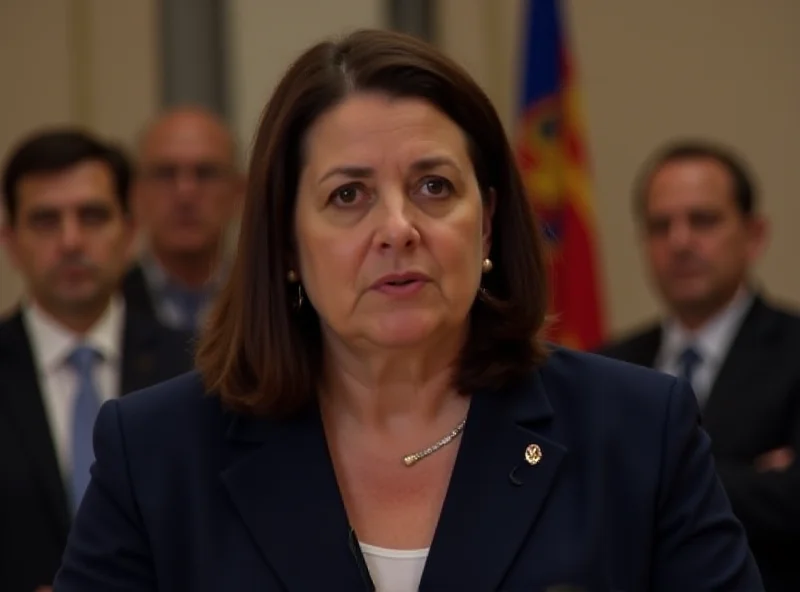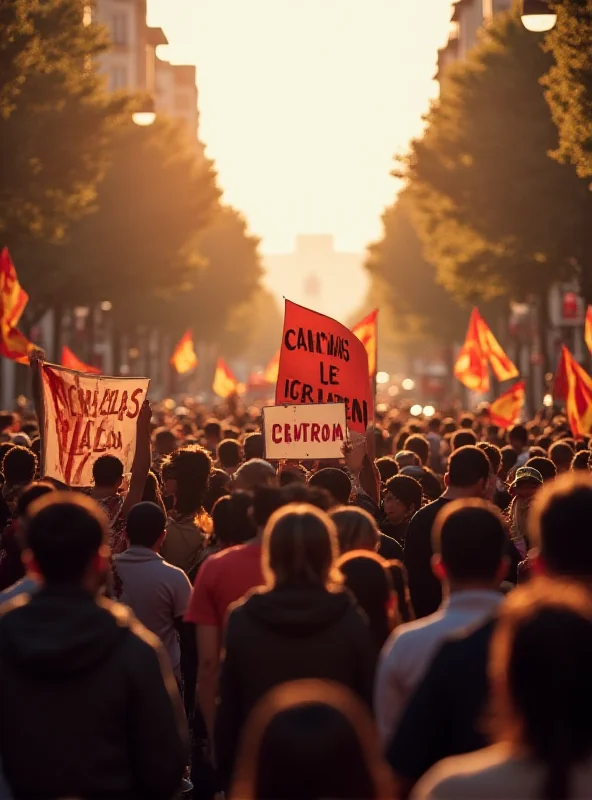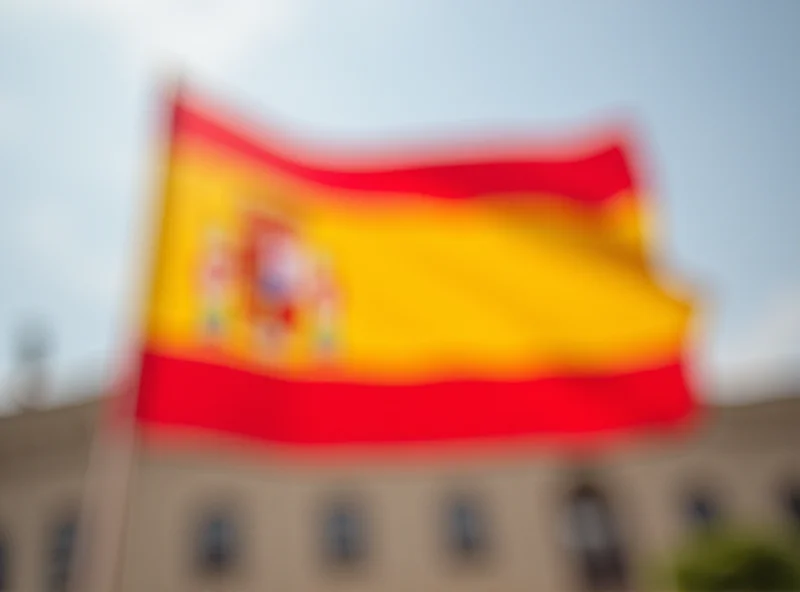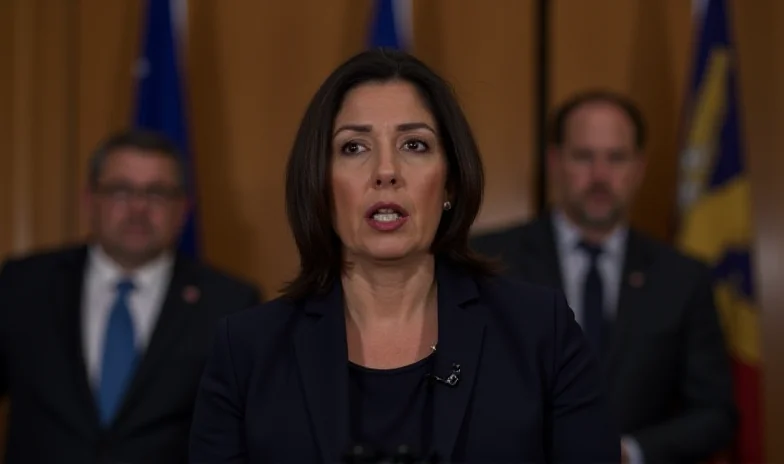Spain is currently navigating a complex political landscape, marked by disagreements between regional and national leaders. Key issues at the forefront include amnesty proposals, the handling of Catalan debt, evolving immigration policies, and the safeguarding of the Catalan language. These issues are sparking heated debates and prompting calls for decisive action from various sectors of society.
Ayuso's Strong Stance
Isabel Díaz Ayuso, the President of the Community of Madrid, has emerged as a vocal critic of the current government's policies. She has openly condemned the proposed amnesty and the handling of what she refers to as the "Catalan debt." Ayuso argues that these policies are irresponsible and undermine the principles of fairness and accountability. "Everyone must do their job now and stop once and for all," she stated, urging the business and cultural sectors to take immediate action. "One cannot keep looking the other way out of fear." She believes the government is treating its citizens like "idiots."

Ayuso's statements reflect a growing concern among some segments of Spanish society about the direction the country is heading. Her call to action suggests a desire for greater transparency and a more responsible approach to governance.
Controversial Language Requirements
Another contentious issue is the agreement between PSOE and Junts regarding the protection of the Catalan language. Carles Puigdemont has announced that proficiency in Catalan will be a mandatory requirement for issuing and renewing residence permits in Catalonia. This policy has ignited controversy, with critics arguing that it discriminates against immigrants and could potentially hinder integration efforts.
The agreement has raised questions about the balance between preserving regional languages and ensuring equal opportunities for all residents. Some worry that this measure could create barriers for those seeking to live and work in Catalonia, while supporters argue it is necessary to protect and promote Catalan culture.

Delegation of Powers and Immigration
Adding to the political tensions is the debate surrounding the delegation of powers to Catalonia, particularly concerning immigration policy. Academic professors have voiced strong opposition to this move, arguing that it is unconstitutional. They contend that the article of the Magna Carta cited by PSOE and Junts does not apply to this issue, effectively allowing Catalonia to implement its own migration policies.
According to these professors, this delegation of powers could lead to inconsistencies and conflicts between regional and national immigration laws. They believe that a unified approach to immigration is essential for maintaining national security and ensuring fair treatment for all immigrants.

Sánchez's Challenges
Prime Minister Pedro Sánchez faces significant challenges in navigating these complex political issues. He is currently without secured budgets or guarantees from Puigdemont, highlighting the fragility of the current political alliances. Junts is pressing the PSOE to assume greater control over immigration responsibilities, including the return of foreigners, and to allow the Mossos d'Esquadra (Catalan police) to co-manage border control. The negotiations continue as Sánchez attempts to maintain stability while addressing the diverse demands of regional and national actors.
These political tensions underscore the deep divisions within Spanish society and the challenges of balancing regional autonomy with national unity. The coming months will be crucial in determining the future direction of Spain's political landscape.
